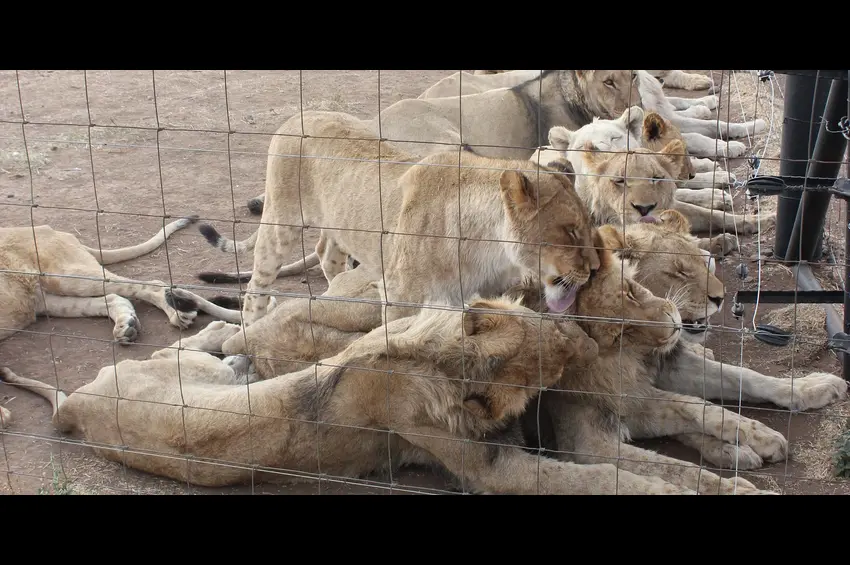Trophy hunting in South Africa has been a controversial subject, and rightfully so. The fact that some of these animals are being farmed for this purpose is highly unethical and should be stopped. Trophy hunting in South Africa has been a popular activity for years, with tigers, lions, and other animals being hunted and killed for sport. However, some rear animals, such as zebras, black rhinos, and giraffes, are still being farmed in South Africa for this purpose. The animals are bred specifically for hunting and killed by the hunters, with the meat and hides being taken home as a “trophy”.
This type of farming is highly unethical, as it causes animals to suffer in captivity as they are bred and raised in unnatural and cramped conditions. The hunting of these animals for sport also puts their populations in danger, especially when the animals have been bred in captivity and are not able to defend themselves in the wild. In some cases, the animals are hunted for their body parts, which is particularly cruel.
Furthermore, trophy hunting in South Africa has been linked to illegal hunting and animal poaching, which creates an even bigger problem for conservation efforts. It also causes a problem for the local communities, as hunters are taking away animals that are valuable to the local ecosystem and to the local people..
In order to protect these animals and the ecosystems in which they inhabit, it is essential that trophy hunting is stopped in South Africa. There are many alternatives to trophy hunting, such as safari hunting, which is much more ethical. This type of hunting allows for the animals to live in their natural environment and it also brings in revenue for the local communities from tourism. The government should take steps to end trophy hunting in South Africa, as it is cruel and causes suffering for both the animals and the communities involved. Alternatives must be put in place to ensure a sustainable future for these animals and to ensure the survival of their populations for generations to come.










Comments
.